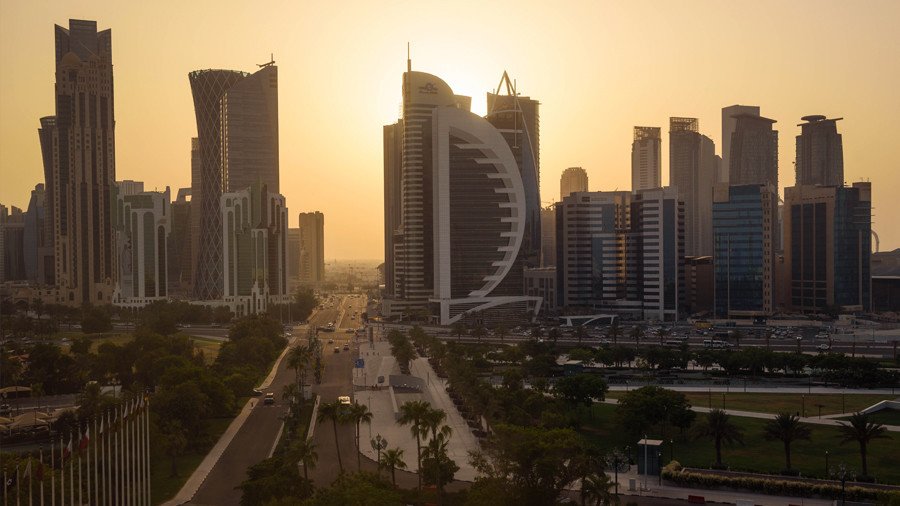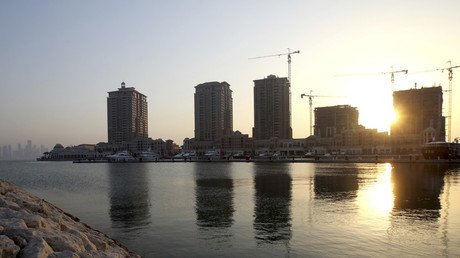Qatar ends 6-decade membership in OPEC, says decision not related to Saudi-led blockade

One of the world’s key energy producers, Qatar, is quitting the Organization of the Petroleum Exporting Countries (OPEC) on January 1, Energy Minister Saad al-Kaabi said. Qatar has been an OPEC member for 57 years.
“Qatar has decided to withdraw its membership form OPEC effective January 2019 and this decision was communicated to OPEC this morning,” the minister said on Monday at a news conference.
The announcement comes just days before a crucial meeting between the cartel’s members and its non-OPEC allies. Qatar, the world’s largest exporter of liquefied natural gas (LNG), is still planning to take part in the meeting scheduled for December 6 in Vienna.
Saad al-Kaabi said the country’s impact on OPEC production decisions would be small, as the tiny Gulf state doesn’t produce as much crude as other members. According him, Doha will stick to all its commitments like any other non-OPEC oil producer.
The decision is reportedly connected to Qatar’s plans to concentrate on developing its natural gas sector. It is expected to boost its annual LNG output from 77 million to 110 million tons.
OPEC and its partners have to summon another meeting to reportedly discuss further output caps for 2019. The step is prompted by the recent crash in oil prices. Since reaching its four-year peak in early October, global prices for crude have dropped more than 25 percent.
According to the energy minister, the decision is not connected to the political and economic boycott of Qatar pushed by its powerful neighbor Saudi Arabia since June 2017 and supported by three other Arab nations.
Saudi Arabia and its allies, including the United Arab Emirates, Bahrain, and Egypt, imposed an economic blockade against Qatar, accusing the Gulf state of backing terrorists and destabilizing the region. The Saudi-led group issued an ultimatum, threatening to maintain the economic pressure unless the country agreed to shut down its state broadcaster, Al Jazeera, expel Turkish troops from its territory, scale back ties with Iran, and end relations with Egypt’s Muslim Brotherhood movement. Doha rejected the accusations and the list of demands.
For more stories on economy & finance visit RT's business section















